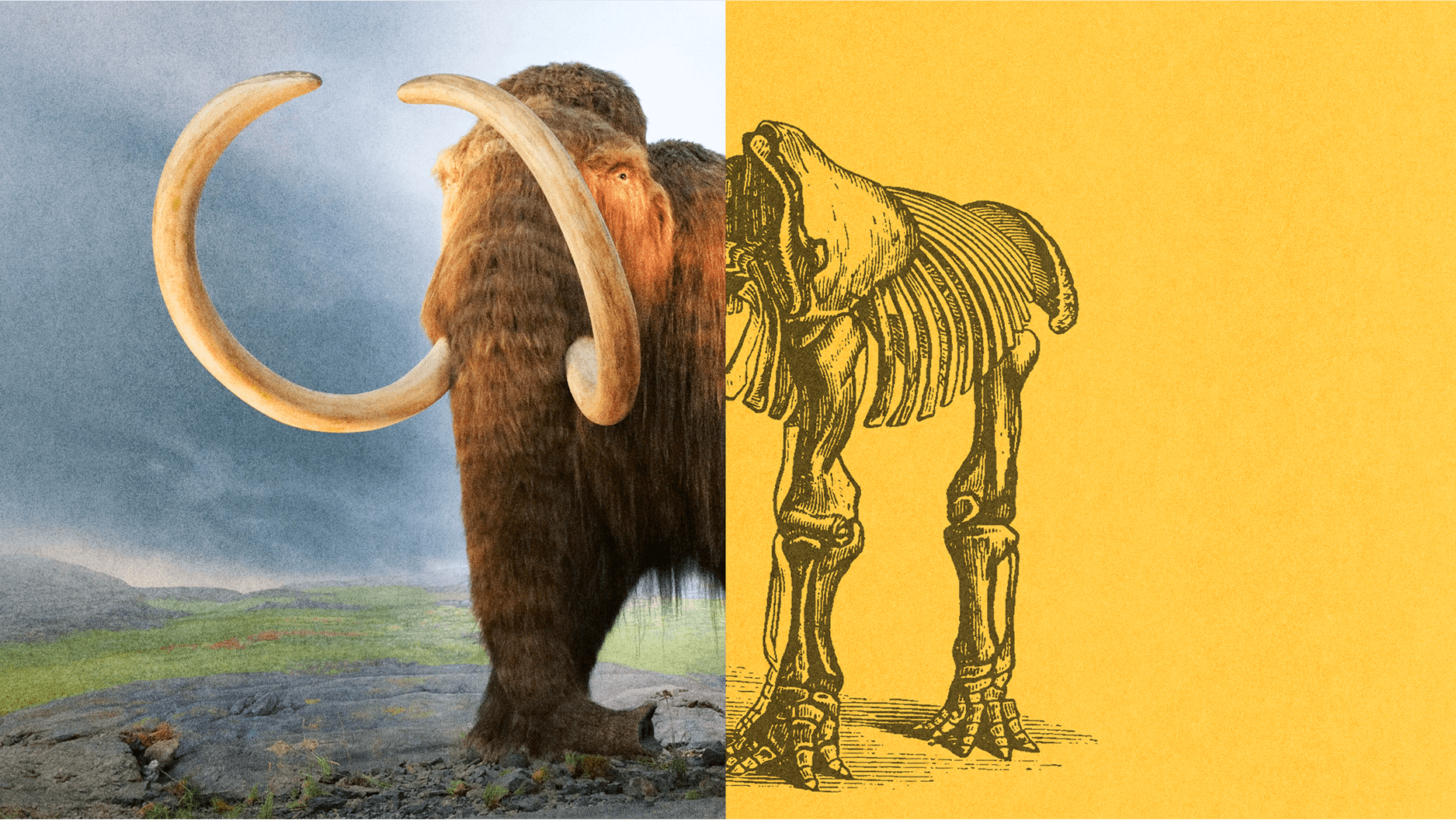Like Napoleon, the great golfer let success go to his head. His tragic flaw was fearlessness. But Woods’ Waterloo need not be permanent, says Robert Greene.
Question: Can fearlessness become a liability for powerful people?
rnRobert Greene: Yes, of course it can. I mean we talked about it earlier with Napoleon where it goes to your head and you lose a sense of proportion and you start thinking of yourself as a god, and a lot of rappers have that problem. The money comes. It comes too fast and then it goes just as fast because they don’t understand that a lot of it came by a bit of luck, by accident and now once you have success you got to be careful. You got to take a step back and be strategic. They don’t know that and they lose it. 50 is a very strategic person in life. He is also a human being who has weaknesses and limitations as well, so I think he will always land on his feet like a cat in this world because he was shot and nearly died and he knows a sense of proportion. I’ll always have millions of dollars that’s never going to go away what do I have to worry about? You know I already faced death. Every day to me seems like I’m on borrowed time. I’m just happy to be alive. I’m making money and I’m ambitious, but it doesn’t matter. You know you have that kind of attitude you’ll land on your feel. Sometimes he’s had problems. His records aren’t doing so well. I don’t know what his new record is doing. I haven’t been following it. He has dealt with mistakes he’s made, but I’ve seen him… I’ve seen him time and again, he’ll be upset for a day and then next week he is completely forgotten it and moved on. He’ll land on his feet.
rnTiger Woods, you know, to play golf on that level. I’m kind of fascinated with it. It’s going to be sort of the subject of my next book. I’m not writing about golf, but I’m writing about the mindset of somebody who is powerful and is able to focus deeply on something. You know playing golf and running your personal life are two different skill sets, so they don’t necessarily translate one to the other. In fact, they can kind of clash, which is what we’ve seen. On the golf course his boldness, his aggression, his strategic genius, his attention to detail and how much he has mastered all the small parts of golf, it all comes to, just channels into this one beautiful flow turning into this supreme Da Vinci of golf Tiger Woods, but you can control a game like golf, which is a very uncontrollable game with all of this practice and this effort and this talent. You can’t control your personal life in the same way, and in fact, feeling like you’re aggressive and ambitious means he has to attack a new woman almost like he is attacking Augusta… you know the Masters, and he needs these new challenges, and so the two don’t necessarily mesh well, and that’s not a question of something except of a person’s character and how they’ve learned their experiences in life.
rnYou take someone like a John F. Kennedy who you may or may not revere. I happen to think he was a very smart man and would have been if he had lived longer, a great president. He made… He was having dalliances left and right and center. We only know about it now, but if he had been living in the Internet age, forget about it. You know, Tiger Woods doesn’t have that room to learn and experience and grow in his character because it’s all out there in the public naked for us to see. It’s a terrible thing for someone like that, so you know he is probably chastised. He is probably learning that he shouldn’t have married this woman. He should have been single and sowed his wild oats, and now he is going to do this or whatever. He has to learn to bring those two worlds and make it something that has that flow like he has on the golf course, and he will. He is a great man.
Recorded on December 14, 2009
Interviewed by Austin Allen






